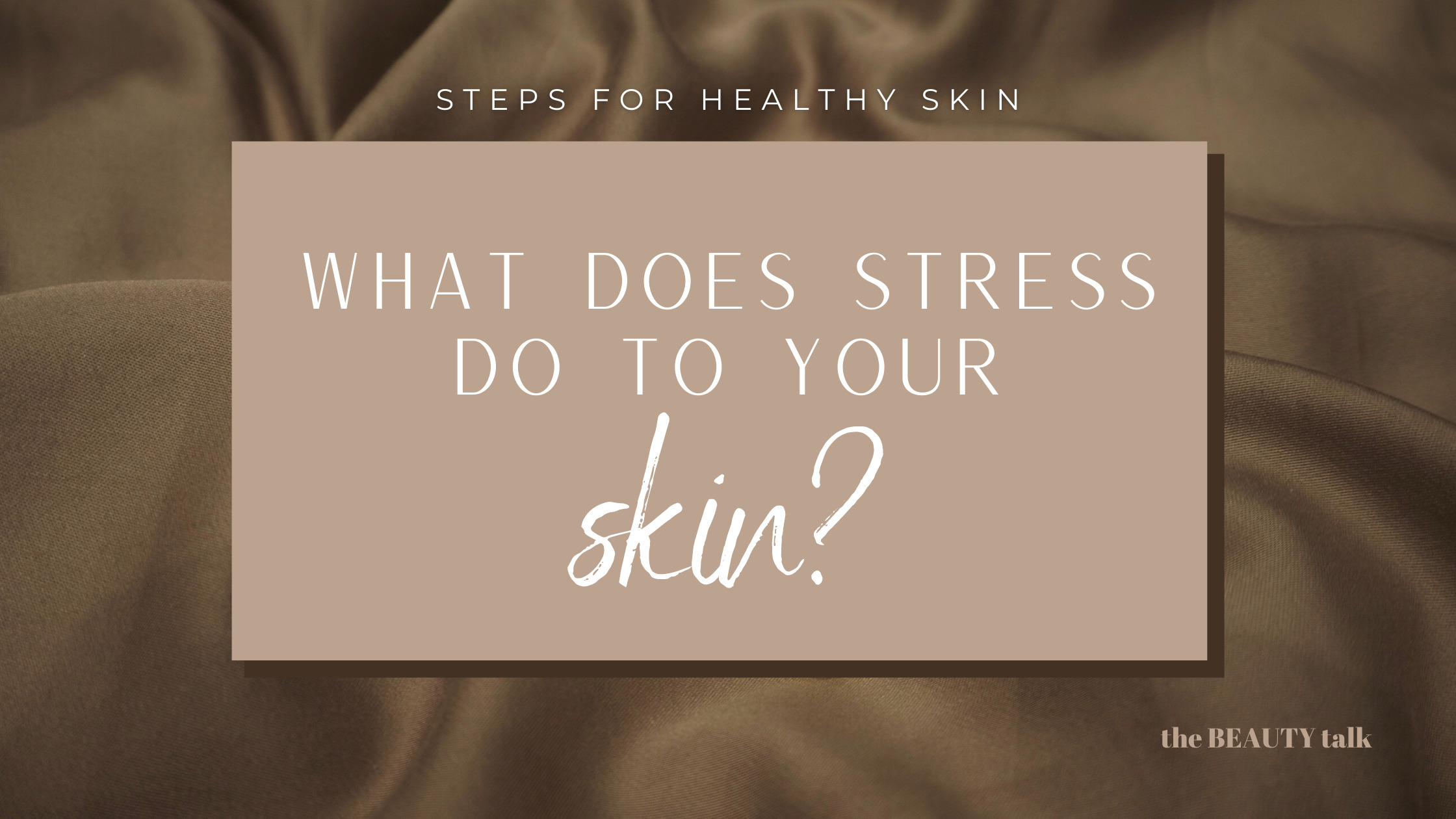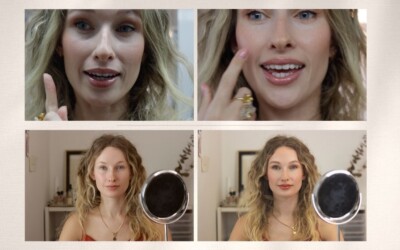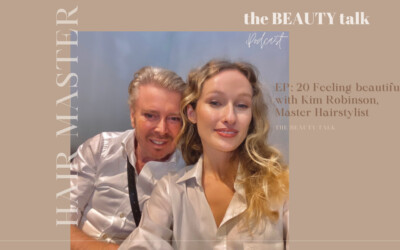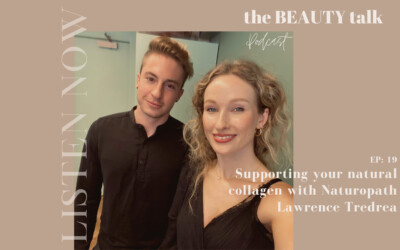Stress, it’s inevitable; it’s a part of life. I will tell you what stress does to the skin and why you should reduce it in your life (talking to myself here also). The essential factor is how we choose to handle it, and now I’m not here to solve your problems; the girl got her own.
How stress affects the skin
When stress and chaos come to the forefront of our day’s, other less immediately vital practises going out the window like balanced meals, adequate water initiate, good breathing, skincare routines, sleep.
The skin is the largest organ of your body and one we can see! The brain and skin have a direct connection. Our sense of touch and temperature feed information directly to the brain from the skin. So stress from the brain shows up in many organs, including the skin, through the hormonal changes affecting skin, nails and hair.
If you are closely in tune with your body, you’ll know what flares up when you are stressed, eczema, acne, psoriasis or rosacea. When you stress, the body releases hormones (Cortisol) and too much of this is damaging to your body and skin; for the skin, it produces more oil with cortisol. On the other side stress also depletes your skin barrier, so water loss goes up, and we get dry dullness and heightening the conditions just mentioned.
Free radicals are what we hear damages and ages skin from outside aggressors, but when we are constantly stressed, we produce them ourselves from the inside, which is not ideal. Free radicals are destructive to cell DNA, elastin and collagen.
Another area’s of skin stress effect is the body’s ability for wound healing, delaying that on the whole body. Nails can thin, peel and grow to ridge. The apparent symptom increases in breakouts are also hugely expected when we stress. Plus, the microbiome can be knocked out of balance.
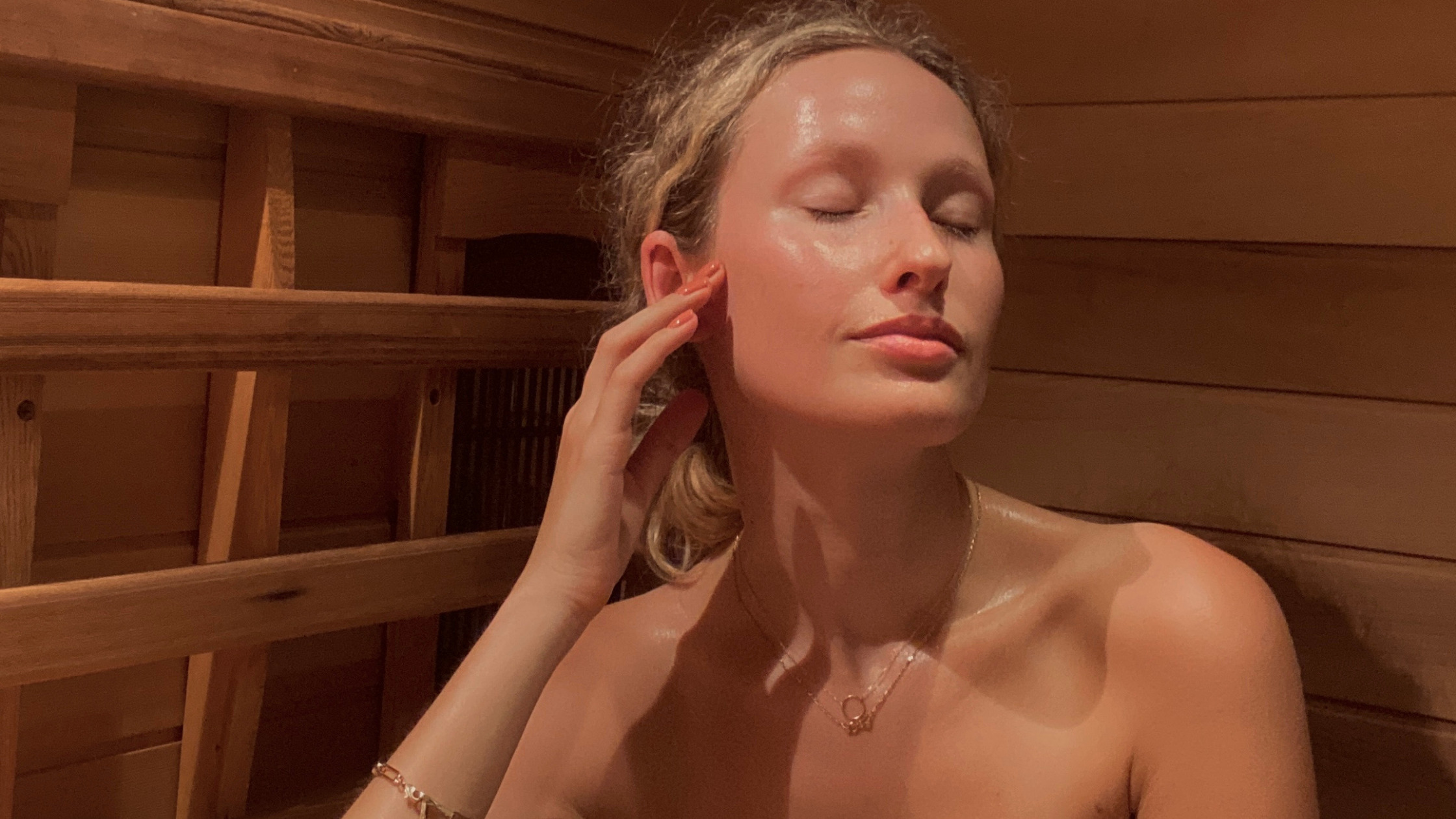
Hair and stress
Our Hair grows in different phases called a growth cycle. The body looks at hair as a non-essential area for survival (which is true), so when we experience a stressful season or life event. It shifts into the shedding phase because now is not the time to be growing plentiful hair, essentially using the energy and minerals to support other vital organs in the body, brilliant right.
Tip’s for supporting stressed skin
Do things that reduce your cortisol and inflammation in the body. I don’t know about you, but I do feel cortisol in the body rise when I’m stressed. Noticing this taking a moment to breathe deeply, 5 min meditation, simply rub some hand cream on while you’re sitting at your desk. All small but helpful things to break the cycle.
High up on my list is exercise or moving your body daily. It doesn’t have to take all morning. My favourites are 20 min HIIT workouts; I follow some great youtube channels for this. Exercise is excellent for reducing stress and making skin glow! It even helps the body create its own antioxidants, free skincare? Ha! But in all honesty, we know it’s essential for longevity. Make sure you’re doing some movement.
Stress pick your spots? Try out pimple patches; they are essentially fantastic at helping to stop picking your spots physically, giving them time to heal without us aggravating them more.
A less discussed product for spots, barrier creams. After having a spot or breakout area, the skin is weak, and the barrier is not optimal. It’s not great news for healing time, so support it using barrier creams like Avene Cicalfate Repair Cream or Bioderma Cicabio Repairing and Soothing Cream that will nourish and soothe the area, supporting the skin in the healing process.
